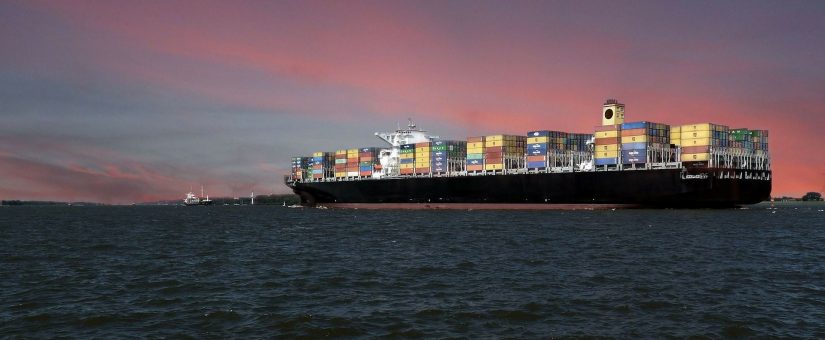
Recovery of maritime claims and ship arrest – Overview
Ship arrest is a powerful tool in the hands of ship suppliers and other companies working in the shipping industry. Shipowners generally manage risks and limit liability by placing vessels of their fleet under the ownership of “single ships companies”. Credit recovery is likely to be a difficult exercise for small medium enterprises who may not have sufficient resources to chase their debtors in foreign jurisdictions. Arresting the vessel promptly and before it leaves the claimants’ jurisdiction represent therefore a powerful weapon in the claimants’ hand. This brief article seeks to explain two important issues relating to ship arrest: the identity of the debtor and maritime liens.
The identity of the debtor
In the essence, ship arrest is a conservative measure. It is an injunction granted by the court authorising the claimants to seize property of the defendants before having obtained a judgement on the merits of the case. In order for an arrest injunction to be granted, the general rule is as follows: the registered owners of the vessel and the debtors of the claim in question must be the same legal entity. On the contrary, it is frequent for ship suppliers to provide services at request of different entities such as managers, time charterers etc. The circumstance entails enhanced credit recovery risks, because the prospective claimants will be prevented from arresting the vessel as security for their claim. On the one hand, ship suppliers will often have no commercial choice in this respect. On the other hand, ship suppliers are generally unaware of this important issue and do not manage their risks accordingly. The above general rule is subject to an important exception: maritime liens.
Maritime liens
If a claim is secured by a maritime lien, the vessel in respect of which the claim arose can be arrested irrespectively of the identity of the debtor. In other words, the “guilty” vessel can be arrested even if the defendants of the claim in question are not the registered owners of the vessel. It is important to keep in mind two important points in this respect. First, that the rules applicable to maritime liens and which determine whether or not a claim is secured by a maritime lien vary from jurisdiction to jurisdiction and may be rather complicated. Second, maritime liens are generally subject to a short expiry period. It is therefore strongly suggested to seek legal advice with no delay. Once the vessel has left the claimants’ jurisdiction, the related expiry period may have elapsed once the vessel sails back.
Conclusions
To the extent possible, ship suppliers should seek to be appointed by and to provide services in favour of the registered owners of the vessel. By means of example – by issuing invoices against the registered owners; by having their contracts/letters of engagements signed by the registered owners or by companies acting expressly on their behalf etc. Should this not be possible, potential claimants should be aware that in jurisdictions where their claim is secured by a maritime lien the vessel in relation to which the claim arose may be arrested notwithstanding the circumstance that the registered owners of the vessel and their debtors are not the same legal entity. In any case, it is of the utmost importance to act promptly by seeking legal support as soon as possible. Once the vessel has left the claimants’ jurisdiction, the credit recovery process will – at best – become more complicated.
Avv. Federico Serra – Of Counsel
Avv. Lorenzo Macchi – Founding Partner

- Posted by Federico Serra
- On 2 July 2021


